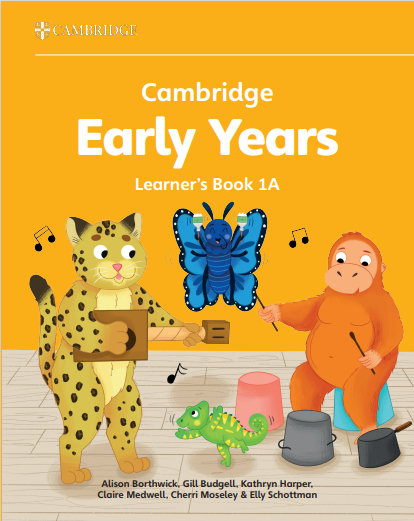Planning
Completion requirements
Short-term planning
Using the Cambridge Early Years Teaching Resource
The activities in the Cambridge Early Years Teaching Resource are designed to support your short-term planning. You will just need to consider how you will use or adapt the activities most effectively with your own children and in your own setting.

Things to think about during short-term planning
Consideration |
Ask yourself: |
1. Providing balance of opportunities that support a play-based approach.
|
|
2. How adult-led activities will be organised.
|
|
3. The curriculum learning statements that will be developed |
|
4. Resources |
|
5. Key vocabulary |
|
6. Adult input |
|
7. Opportunities for continuous assessment |
See Assessment guidance for more guidance on assessment, including recording your children’s progress. |
8. Ideas for support and challenge |
See Inclusive learning for more guidance. |
Things to think about after teaching and learning
It is very useful to reflect on and evaluate your activities and opportunities. It will inform your future short-term planning. Here are some questions to ask yourself:
- How did our planning help us to respond to each child’s needs? What changes did we make from the plan? Why?
- What did each child achieve today? What progress did they make?
- Are we ready to move on? If not, which learning statements do we need to revisit with all or some children? If we are ready, what is the next step for progression?
- Is there anything we need to remember when using this activity with other children?